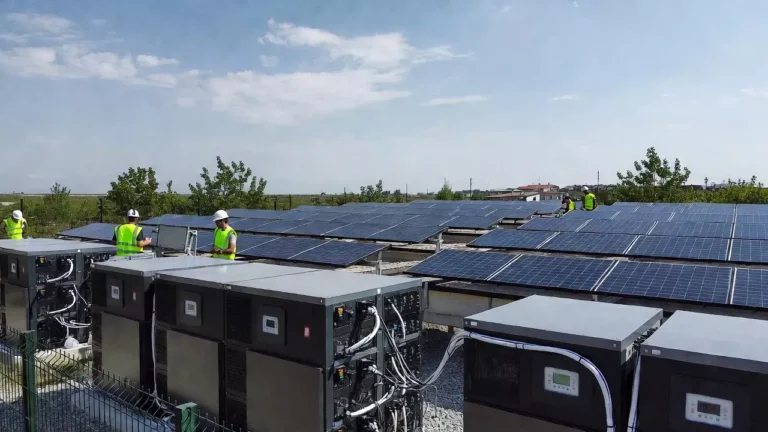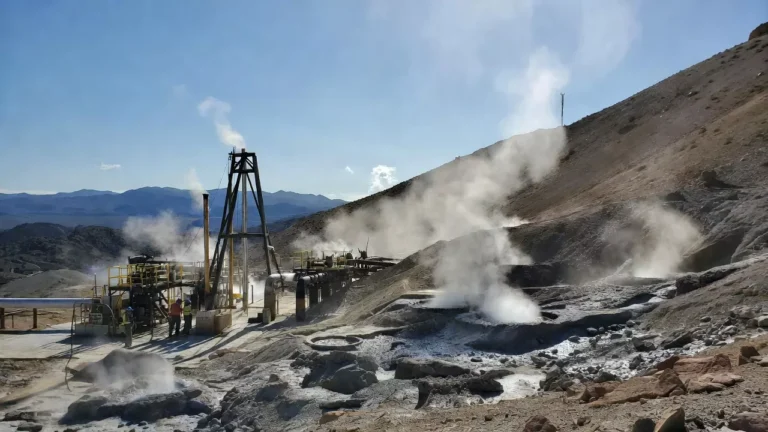
Equinor has awarded Lufttransport RW AS an assignment to operate two new search and rescue helicopters (SAR) for the Troll and Oseberg area. Lufttransport will be the third helicopter operator qualifying for assignments on the NCS.
“This agreement strengthens our resilience and ensures increased helicopter capacity. Lufttransport RW AS is a Norwegian-owned company based in Tromsø, with extensive experience from operating both search and rescue helicopters and transport helicopters. We look forward to working with them,” says Ørjan Kvelvane, Equinor’s senior vice president for joint operations support.
The two helicopters will be taken over by Lufttransport RW AS in the second quarter of 2025 and will be ready for operation from 2026. The helicopters to be used are Leonardo AW 139 machines, qualified for flying on the NCS. AW 139 is widely used in the offshore industry globally, including on the UK continental shelf, for search and rescue services in Sweden, and by the Norwegian Air Ambulance here at home.
“We have long aimed to qualify a new helicopter model that meets the strict requirements on the NCS. The AW139 is a newer helicopter type with well-proven technology that meets high safety standards. With this agreement, we get well-equipped machines capable of operating well under the conditions on the NCS, and in accordance with our safety requirements, both for search and rescue- and transportation purposes, adds Kvelvane.
The new helicopters will be part of the SAR emergency response system and carry out assignments in the Troll and Oseberg area in the northern North Sea.
One helicopter will be stationed at the Oseberg field centre. The other helicopter is a back-up SAR machine that will be stationed at the heliport at Flesland.This helicopter will be used for passenger traffic to and from Equinor installations. The new helicopters will supplement the two Sikorsky S-92 machines that currently perform these tasks.
SAR helicopters are key to maintaining emergency preparedness and transportation services on the NCS. They are also important for emergency preparedness purposes along the entire coast, also beyond assignments related to the petroleum activities.
Taking effect in the early 2026 the term of the agreement is five years, with an option for five one-year extensions.
Source link: https://www.equinor.com/










